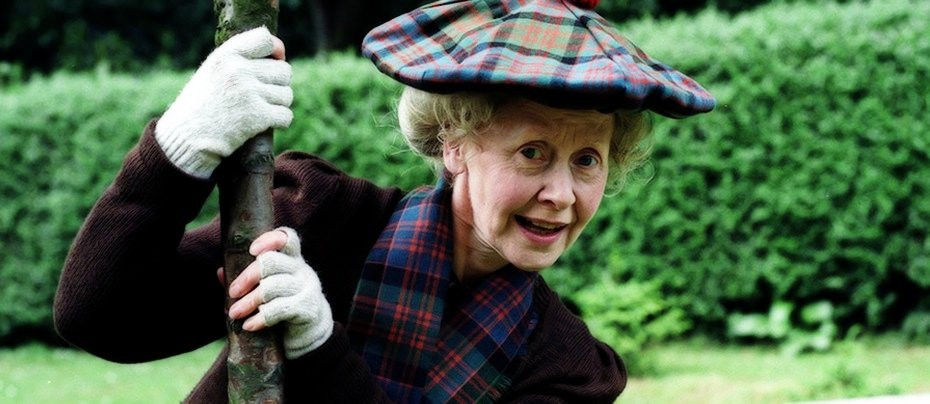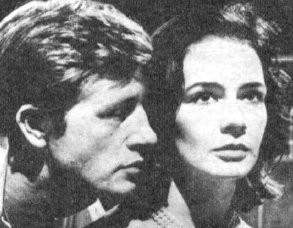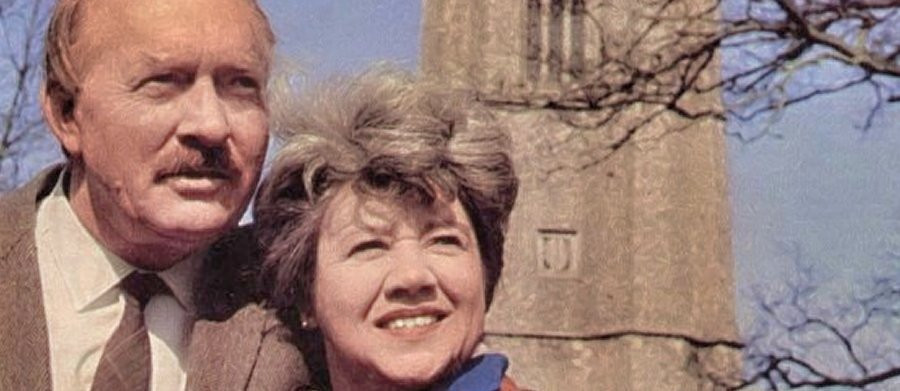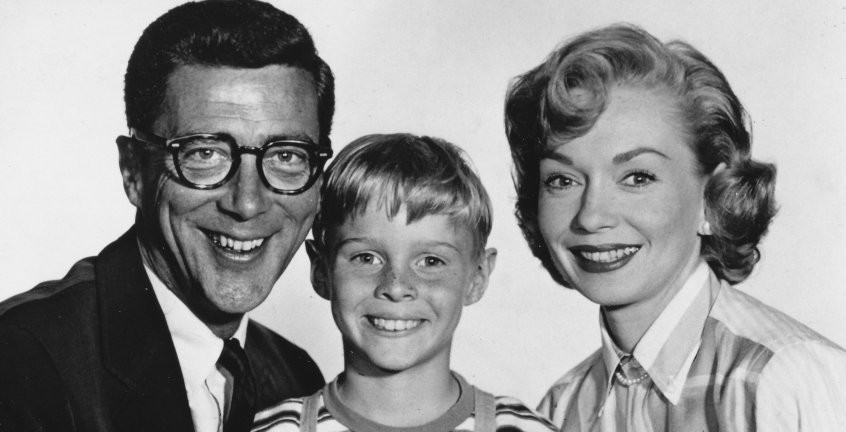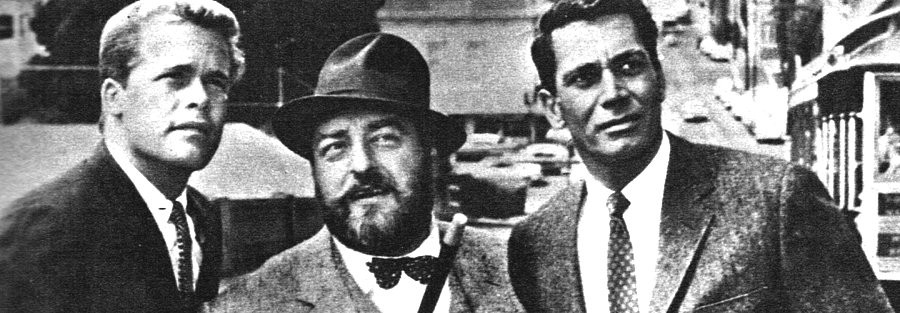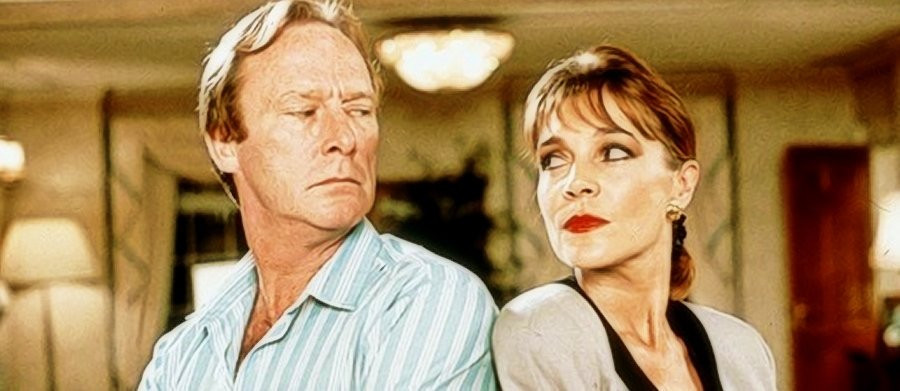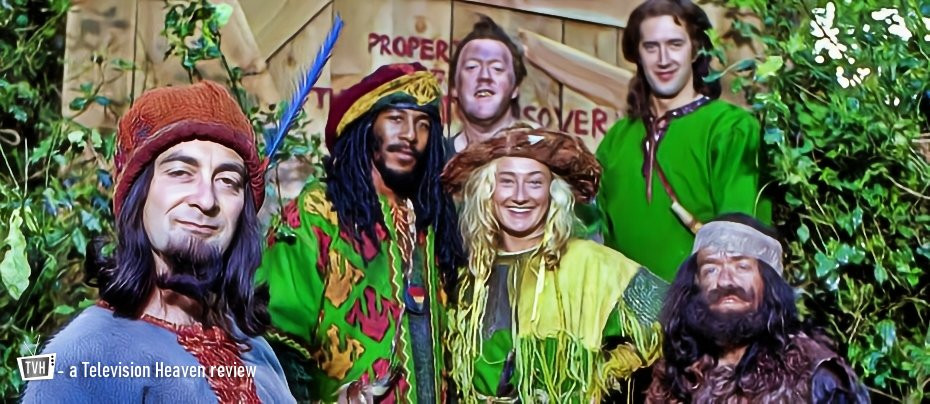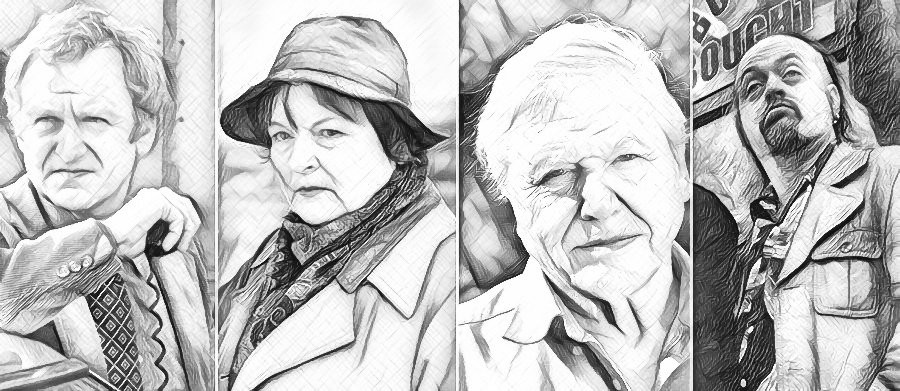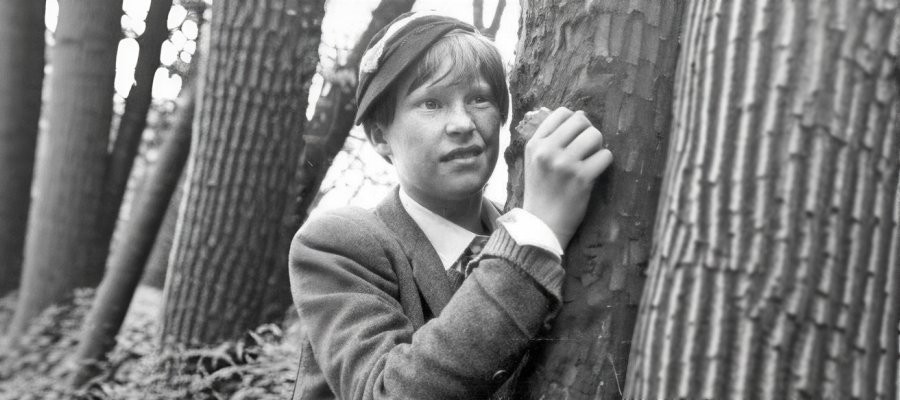
William
1962 - United KingdomIf you grew up on Richmal Crompton’s Just William books—or even just remember being a slightly scruffy child with far too many big ideas—then the 1962/63 BBC television series Just William might bring back a warm wave of nostalgia. Although overshadowed by the glossier 1977 ITV version, this earlier black-and-white adaptation deserves more credit than it often gets. Modest in production, yes, but big on heart—and remarkably faithful to the spirit of Crompton’s much-loved tales.
The books began in 1922 with the publication of Just William and continued for almost 50 years, with the final book, William the Lawless, published posthumously in 1970. Richmal Crompton (1890–1969) was an English writer and former schoolteacher. Though she wrote novels for adults as well, she is best remembered for the Just William series. Interestingly, Crompton spent much of her life in Bromley, Kent. She never married and lived a relatively private life. After contracting polio in her early 30s, she lost the use of one leg and retired from teaching to write full time.
The series, adapted by C.E. Webber, brought the misadventures of scruffy, mischievous schoolboy William Brown, the eternally eleven-year-old ringleader of chaos, to life over twelve half-hour episodes. William, with his wild mop of hair and deep sense of (often misguided) justice, barrels through village life with a confidence only a child could muster. His well-meaning but inevitably disastrous schemes are the heart of the show—and still oddly relatable, even all these years on.
Backing him up are The Outlaws—Ginger, William’s right-hand man, Douglas, the cautious thinker, and Henry, the sensible one (relatively speaking). Violet Elizabeth Bott also makes regular appearances, lisping her threats to “thcream and thcream” until she’s sick if she’s not allowed to tag along. The dynamic between these children and the baffled grown-ups around them is where the humour really lands.
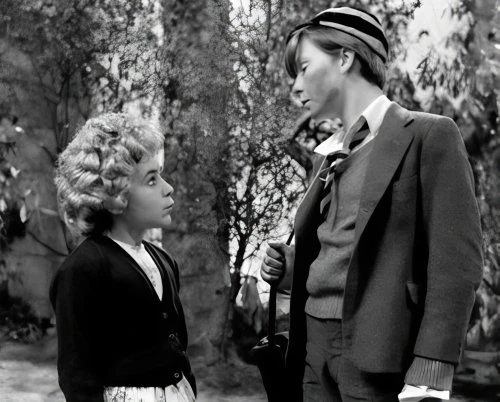
Just William didn’t rely on slapstick or loud spectacle. Instead, it offered something quieter but richer: comedy that came from character, situation, and the age-old tug-of-war between the orderly world of adults and the glorious anarchy of childhood.
At its core, the show poked gentle fun at middle-class manners and grown-up pretensions, while often making the children's logic seem oddly reasonable. William might have caused chaos, but more often than not, he had a point—albeit buried under layers of mud, mischief, and misunderstandings.
Dennis Waterman, later of The Sweeney and Minder fame, appeared in the first series as leader of the Outlaws, while Denis Gilmore took on the role of William in the second. Both brought a wide-eyed charm and a strong sense of mischief to the part. The rest of the young cast, including Carlo Cura (Douglas), Kaplan Kaye (Henry), and Christopher Witty (Ginger), did a fine job too. Gillian Gostling as Violet Elizabeth was especially memorable—managing to be both irritating and endearing, as the role demands.
Filmed entirely in studio with simple sets and costumes, the series evoked a version of England that was already beginning to fade even then—a quieter, more orderly world where children ran free and got up to no good, and where adults were forever trying, and failing, to keep control.
Only twelve episodes were made, and sadly, eleven are now believed lost—though one, William and the Leopard Hunter, was recovered by the BFI in 2016. That’s part of what gives this series its slightly elusive, cult status. It’s a snapshot not just of William’s world, but of early 1960s children’s television—filmed in black and white, rooted in storytelling, and made with evident affection for its source material.
Though it didn’t enjoy the long run of later adaptations, the BBC’s 1962/63 Just William holds a special place in the history of British TV. It helped cement William Brown’s position as one of the great comic characters of children's literature, and it brought Crompton’s timeless tales to life in a way that still feels genuine.
In a world now full of noise and screens, there’s something oddly comforting about this simple, well-observed series. It reminds us that childhood hasn’t really changed all that much—and that there's still plenty of fun to be had in outwitting the grown-ups (or at least, trying to).
Seen this show? How do you rate it?
Seen this show? How do you rate it?
Published on June 4th, 2025. Written by Laurence Marcus for Television Heaven.


